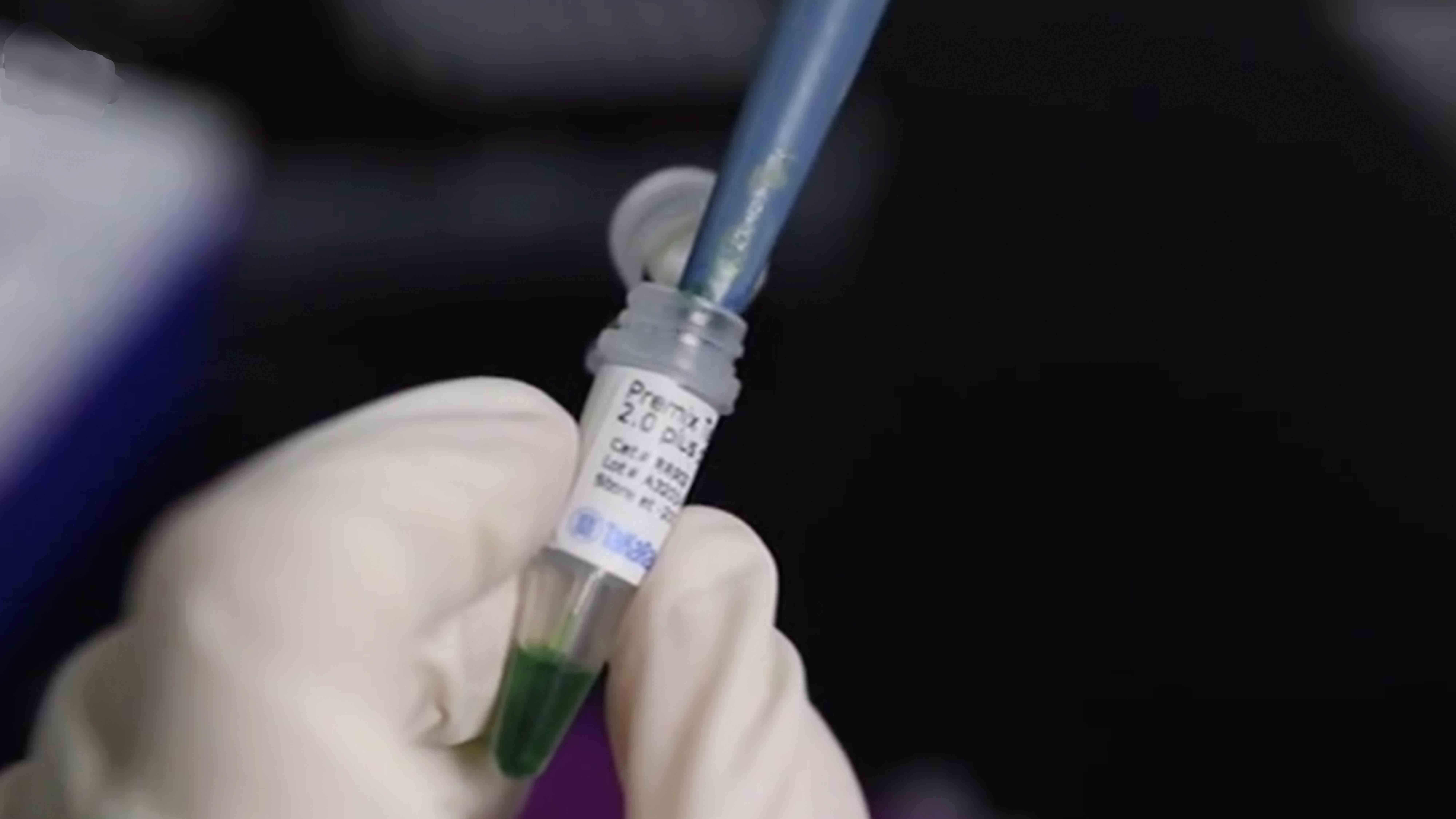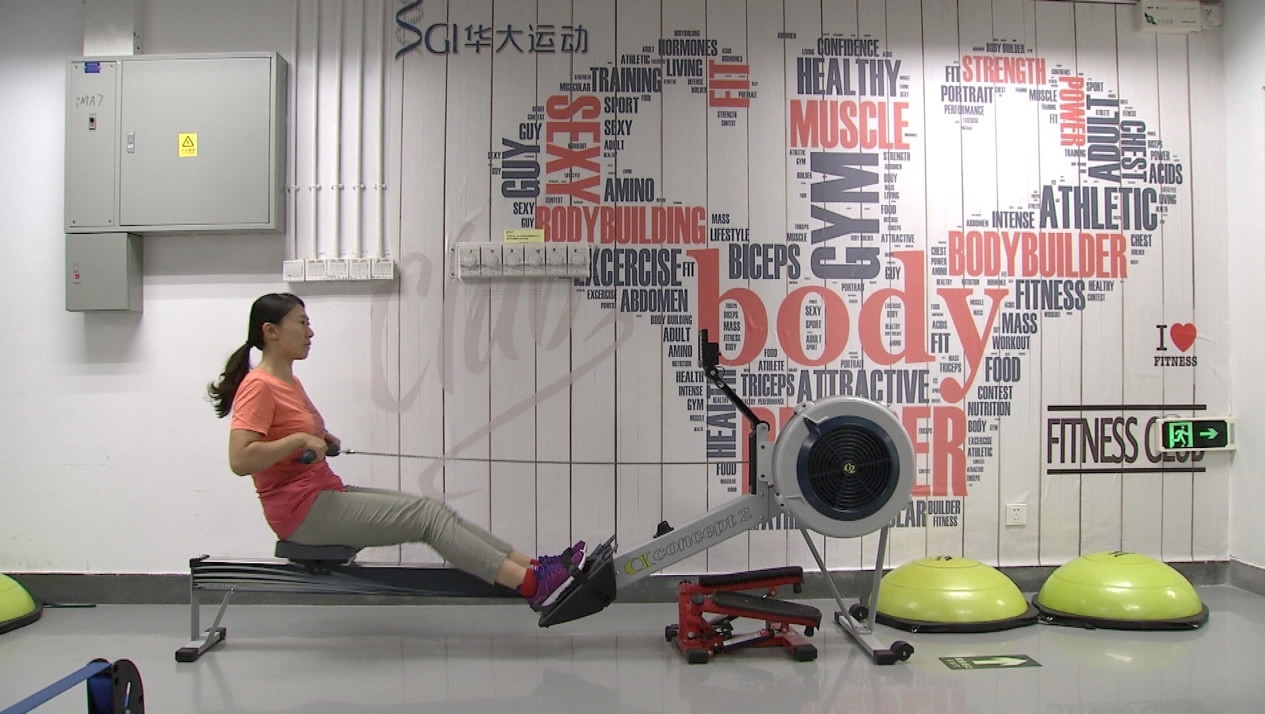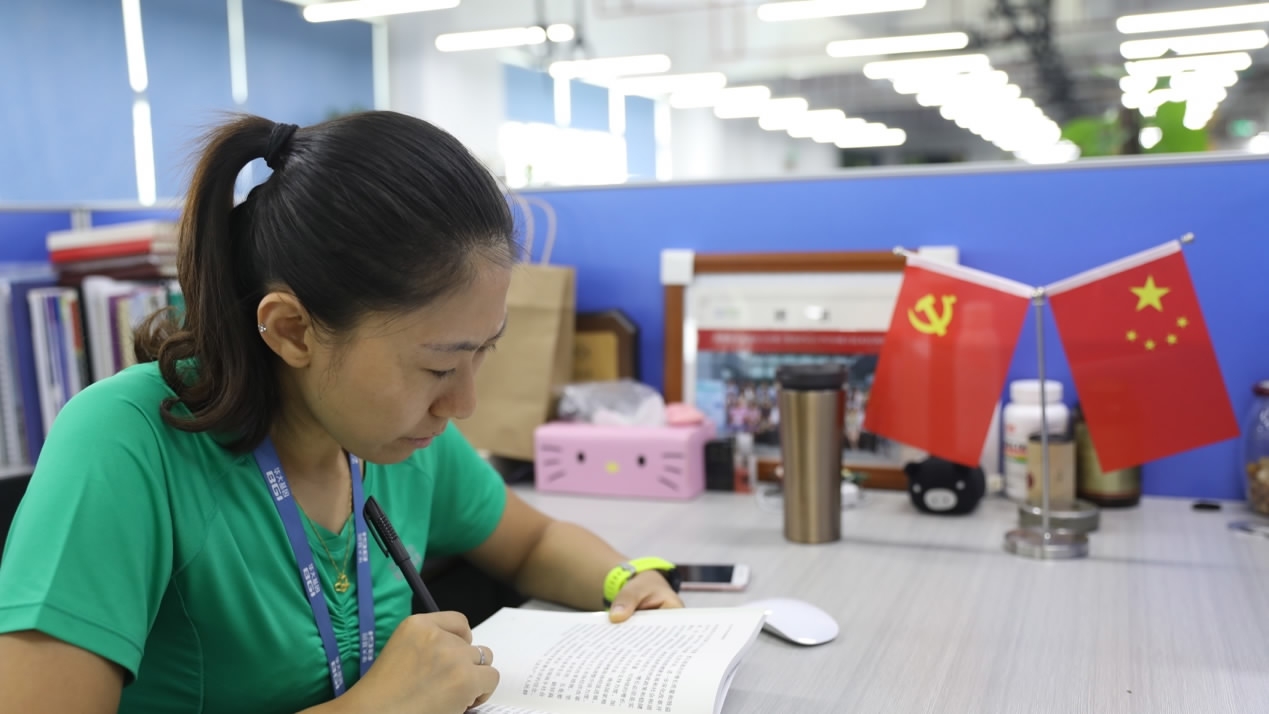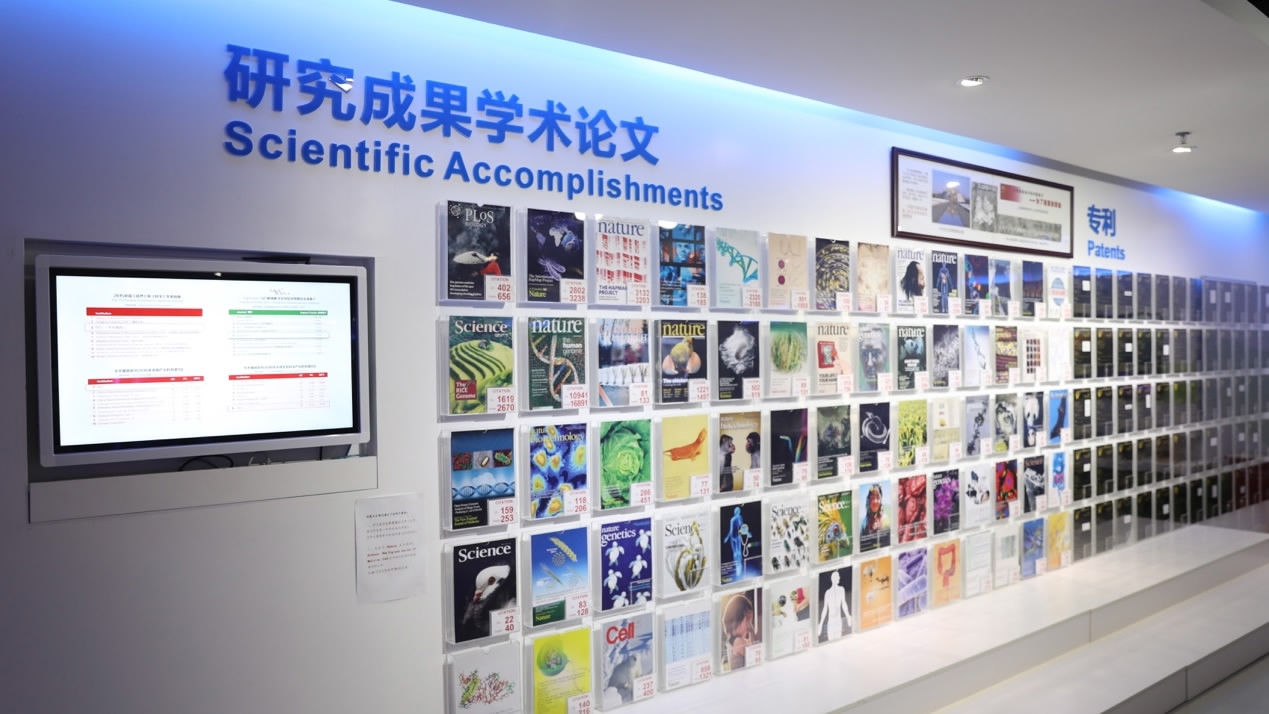
China
15:23, 17-Oct-2017
CPC delegate story: Genomics scientist explores secrets of life
He Weiwei

Around 2,300 delegates of the Communist Party of China (CPC) gather in the capital Beijing to attend the 19th CPC National Congress. They were elected from various sectors and social spectra across the country.
Du Yutao is one of these delegates. She works as a genomics scientist at BGI, the world’s largest genomics institute.
World-record breaker: Hand-made cloning
Located in Shenzhen, the center was once known as a “cloned pigs factory", and Dr. Du was the inventor of a record-breaking technology in the world, called “hand-made cloning”.

Du Yutao is a sports junkie. /CGTN Photo
Du Yutao is a sports junkie. /CGTN Photo
“When I did my Ph.D. in Denmark in 2005, my tutor, my colleagues and I succeeded in creating the world’s first batch of hand-made cloned pigs.” Du Yutao told CGTN, “The technique is different from the traditional cloning method. We managed to reduce our reliance on expensive machines and replace them with trained operators to make the cloning process quicker and easier. Then I came back to China with this technology.”
In Shenzhen, Dr. Du founded China’s first lab of hand-made cloning. After making marked progress in her study of cloned pigs, Dr. Du is now looking for a better connection between genomics and human health.
Genomics + sports
Fitness equipment can be seen all over Du’s office. Here in BGI, it’s more like a gym than a typical office. Everyone is encouraged to do exercise in order to provide data for research. The institute also offers a sports health course to the public, in a bid to promote the concept of an “exercise prescription”.

Du Yutao also works as the secretary of CPC branch in BGI. / CGTN Photo
Du Yutao also works as the secretary of CPC branch in BGI. / CGTN Photo
Hong Hongxing, a boxer taking part in the course, told CGTN that his wife has brain cancer. Apart from receiving the necessary medical treatment, his wife managed to keep the disease under control through appropriate exercise and dietary plans. The BGI is now gathering her physical data for further research and health suggestions.
“Gene sequencing cannot tell you everything about your body,” Dr. Du explains to CGTN, “To have a comprehensive health assessment, we need all kinds of data like ones pertaining to nutrition, immune system and so on.”
CPC delegate
In light of her scientific achievements, Dr. Du was elected as a delegate to attend the 19th CPC National Congress.
“My parents were both farmers. Thanks to the CPC, they had a chance to go to college and became doctors. They are grateful to the Party, and me being a CPC delegate is an honor for my entire family.” Said Du.

BGI runs China National GeneBank. /CGTN Photo
BGI runs China National GeneBank. /CGTN Photo
China: A world pioneer in genomics study
Dr. Du has been studying genomics for about 20 years, and it was during this period that China made rapid advancement in this sector.
Take the BGI as an example, the institute provides over half of the world’s genomics data and research outputs, more than the total of Britain and the US – the two other leading countries in this field.
BGI also runs China National Genebank in Shenzhen.

BGI provides over half of the world’s genomics data and research outputs. /CGTN Photo
BGI provides over half of the world’s genomics data and research outputs. /CGTN Photo
“In 1999, China had little study in this sector, we had to follow in the footsteps of other countries.” Said Du, “But then we gradually caught up, and now China is definitely a pioneer in genomics research.”
China is also one of six countries in the world taking part in a “human genome project”, aiming to sequence and map all of the human genes.

SITEMAP
Copyright © 2018 CGTN. Beijing ICP prepared NO.16065310-3
Copyright © 2018 CGTN. Beijing ICP prepared NO.16065310-3